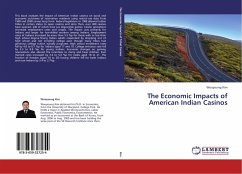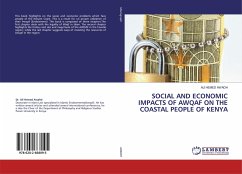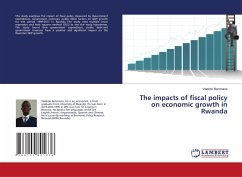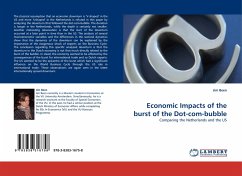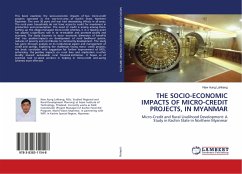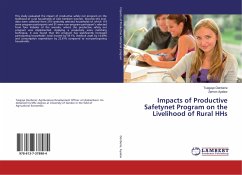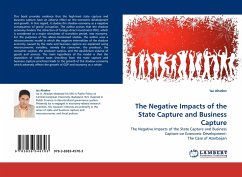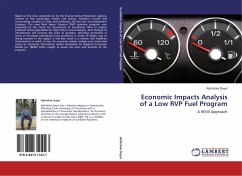This book analyzes the impact of American Indian casinos on social and economic outcomes of reservation residents using restrict-use data from 1990 and 2000 census long form. Federal legislature in 1988 allowed Indian tribes in certain states to open casinos and since then, over 400 casinos have opened, 240 of which have Las Vegas-style games. Casino operations increased employment rates and wages. The impact was primarily for Indians and larger for low-skilled workers among Indians. Employment rates of Indians increased by more than 5.5 %p for those with or less than high school degree.Young Indian adults responded by dropping out of high school and not enrolling college even though many tribes had generous college tuition subsidy programs. High school enrollment rates fell by 4.8 to 8.7 %p for Indians aged 17 and 18. College entrance rate fell by 5.3 to 8.8 %p for young Indians. Economic changes on gaming reservations also altered the incentives to marry and have children. Evermarried rates increased by 2.6 to 5.0 %p for males aged 18 to 21. The fraction of females (aged 18 to 25) having children fell for both Indians and non-Indians by 3.4 to 3.7%p.

